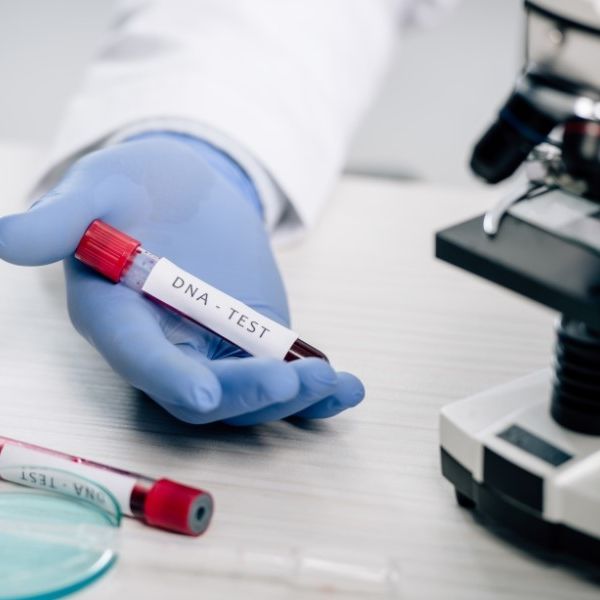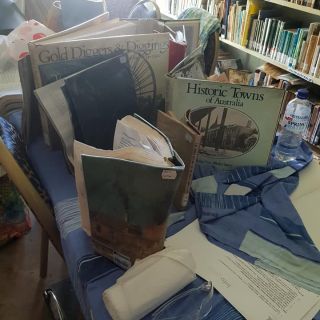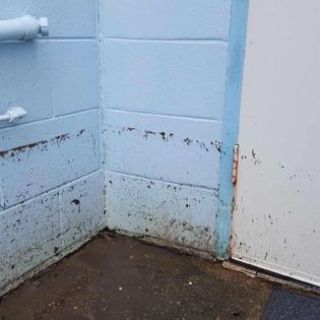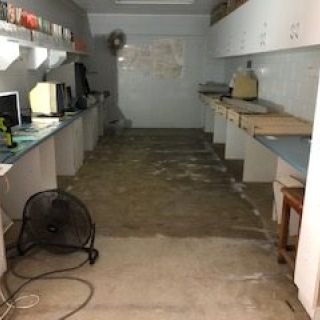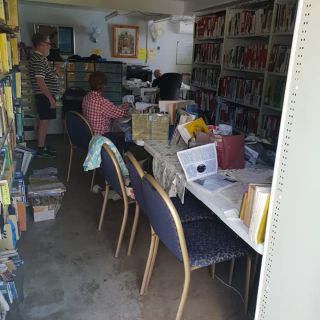A Little About The Family History Association In Townsville
From Humble Beginnings to Prominent Achievements
On Tuesday 13 May 1980, there was a meeting, at the Thuringowa Community Centre, Kirwan to form a Townsville Branch of the Genealogical Society of Queensland. Eventually, members sought independence and on 20 June 1986 the Family History Association of North Queensland Inc. (FHANQ) was incorporated.
Today, the association is a not-for-profit organisation, registered as a charity and able to accept tax deductible donations. It owns premises and strives to foster and promote the study, practice and preservation of family and local history and allied subjects.
Our early meetings at 215 Walker Street were held in the dome tower of the heritage building. Some of those twenty keen members who gathered around a conference table are still active members of FHANQ. As membership grew and resources grew , meetings moved to the Currajong State School, and a room in the Lambert’s Building by January 1984.
In 1985, John (Jack) F Gleeson AM KSG KCHA became an integral part of the association’s significant milestones. Over the next fourteen years, TNQ Ltd and the Gleeson Family Trust rented to FHANQ a building at 81 Flinders Street East and lastly the former 4AY building in Flinders Street.
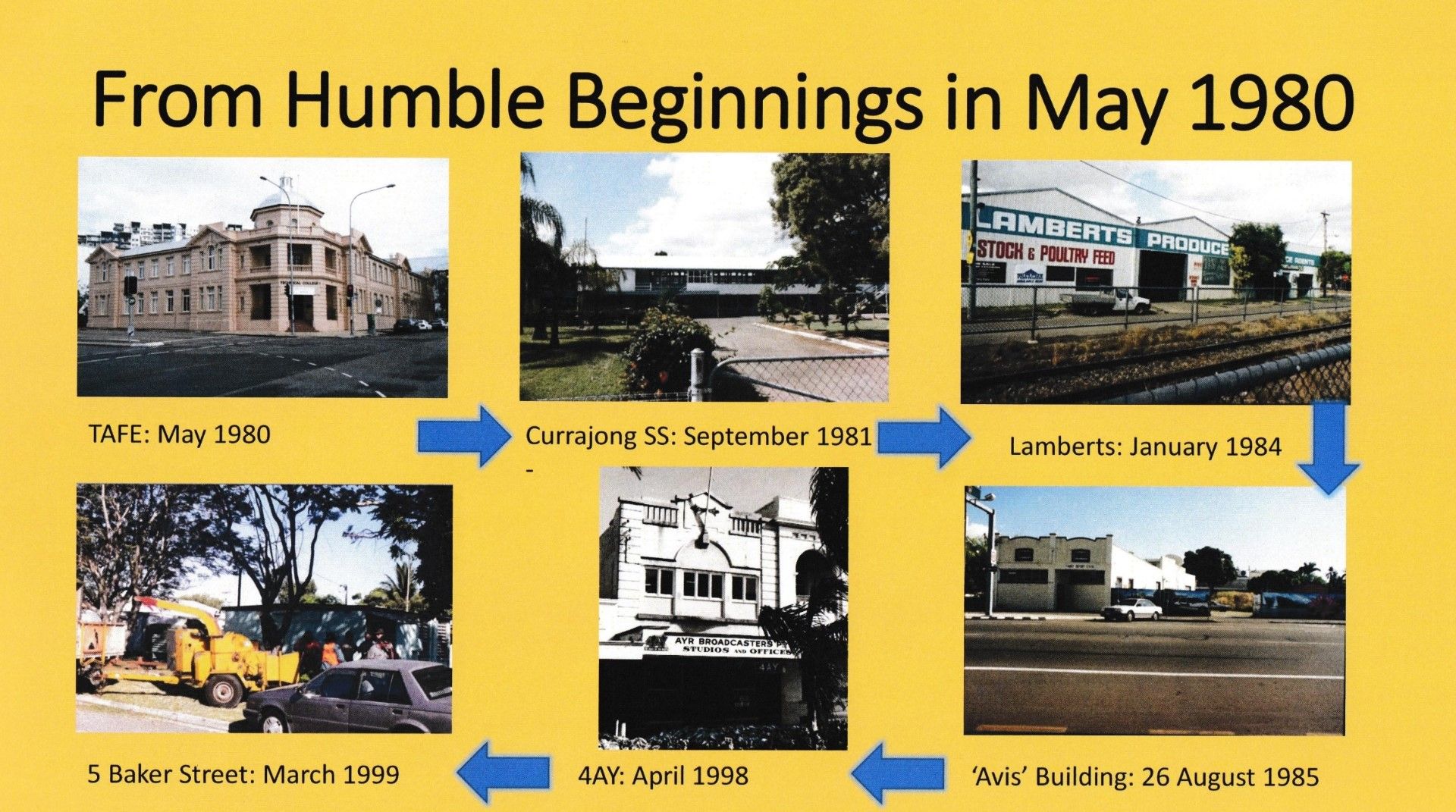
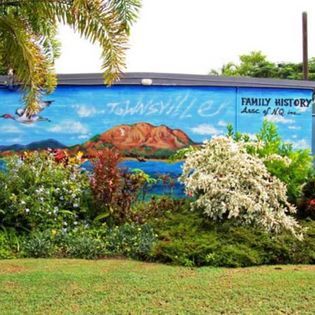
Preserving Heritage and Empowering Research
During 1998 the Association purchased the land at 5 Baker Street, Hermit Park from the Townsville City Council, and the building separately from the Girl Guides Association (Qld Australia).
Cr Tony Mooney, Mayor of the City of Townsville, officially opened the FHANQ Library on 21 March 1999.
Over the years, the Association enjoyed the unwavering support of Jack Gleeson, grants from the Townsville City Council, Australian and Queensland governments and the Queensland Country Credit Union, fund raising assistance from the Townsville Rotary Club and many of the Associations’ volunteers, with donations of cash and books from the public and members.
Volunteer members have toiled not only to preserve their family histories, but to actively engage in gathering early records relating to Townsville and district, transcribing them for public use.
The association’s journal, ‘Relatively Speaking’, is published quarterly, and members are encouraged to contribute short stories about their lives and those of their ancestors. These snapshots in time enrich the family stories of future generations. The journal is archived with Australian National and Queensland State libraries.
The resource rooms are open six days a week, staffed entirely by volunteer research assistants with years of experience, to assist researchers. Most importantly we hold subscriptions to several major research products, a library of worldwide books and maps and many thousands of microfiche/microfilm resources. Computers are available with free internet access for members. This enables us to help with local, Australian, and Worldwide research. Not everything can be found on the internet.
The One in a Hundred-year Flood
The year 2019 provided a challenge to the Association. In Early February the premises were flooded in the “one in a hundred-year flood”. The computer servers were lost along with furniture, library and resource books. With the help of many volunteers the building was stripped to clean and sanitise, some books were retrieved and stored, all sanitised before they could be placed back in the rooms.
Thanks to many volunteers and Grants the rooms were back in limited operation in August 2019, and fully operational later in the year. Still some signwriting has not been reinstated on the front of the building.
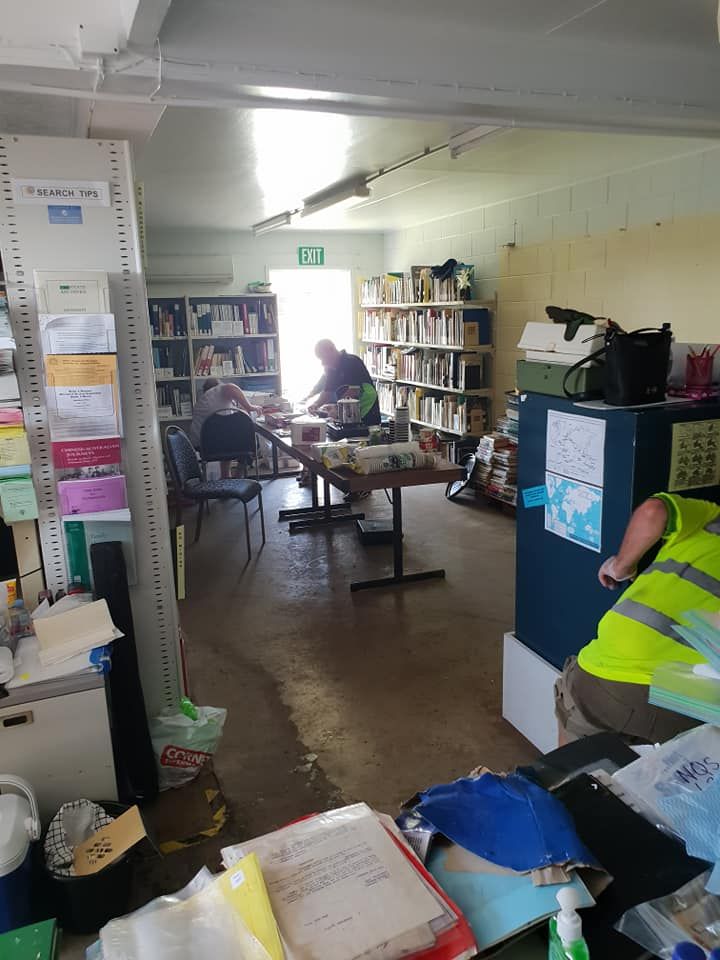
Adapting and Thriving in the Digital Age: Navigating Challenges and Embracing Change in the FHANQ Community
In November 2019 Bruce Scott, CSC, was appointed Patron to the Family History Association of North Queensland Inc. His role is to raise and expand the public profile of the organisation to increase community awareness of its purpose and activities. Boost the organisation’s prestige, worthiness, and credibility, thereby boosting the morale of its members and attracting new members.
Then 2020 and another challenge– COVID and all the restrictions that came with it.
Membership attraction and retention is tough. The internet has challenged traditional business models, not only for our association , but for worldwide genealogy associations, archives, and libraries. The way forward requires a creative approach to identify what is relevant and of interest to the generations following the “Baby Boomers”.
DNA tests are now the in “thing”. Volunteers can aid with reading and understanding DNA testing and the information that can be obtained from the results.
More focus appears to firstly concentrate on the places, how, when, and where of families and relatives and thus moving on overtime to the actual persons, not focusing on the use of the words Family History which appear indicate ‘boring’ to the younger generations.
We must also maintain increased focus on membership recruitment and retention, hence special interest groups have been formed and education classes developed this past year, making positive steps in that direction, providing an incentive for members to renew their membership and encourage new membership. Without members and other funding support the association will struggle.
